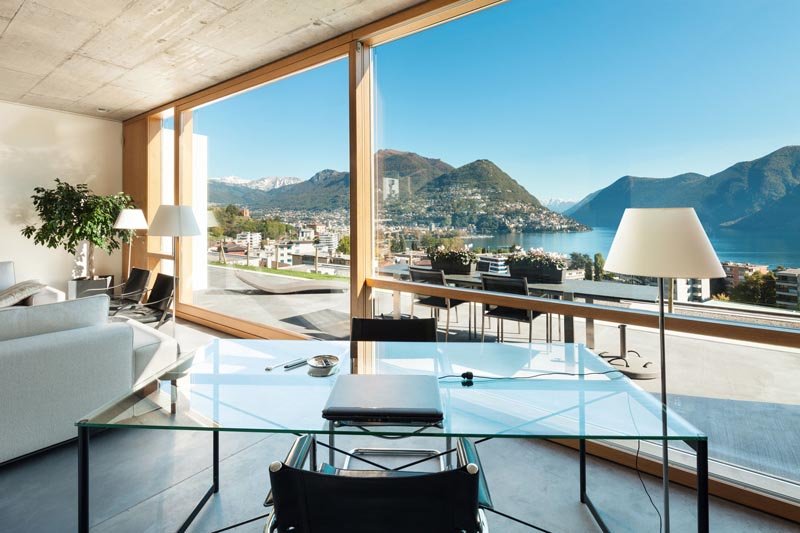As the government hit the public with staggering petroleum price hikes – twice a week – the decision has prompted the Public Transport Owners Federation to raise fares by 20% while also reducing the number of commuting vehicles.
The aftershocks of the POL product price increase have begun to hit the general public. The All Pakistan Public Transport Owners Federation decided on Friday to raise transportation fares by 20%.
As if that wasn’t enough, the federation decided to implement a retrenchment policy, which would result in a 50% reduction in the number of vehicles on the road.
Under the de-regulate policy, the federation decided to raise public transportation fares by 20%.
The transporters claimed that they were reducing the number of vehicles and laying off employees in order to save money because the public could not afford any further increases in transportation fares.
The new coalition government continued to put the masses’ patience to the test last night, increasing petrol and diesel prices by Rs30 per litre just hours after raising electricity prices by Rs7.91.
Miftah Ismael dropped the bombshell during a press conference in which he attempted to justify the government’s actions, which would almost certainly result in a tsunami of inflation and make it difficult for people to survive.
Addressing a press conference, he said the decision was made after getting the go-ahead from the prime minister.
The new price of petrol is Rs209.86 per litre, diesel Rs204.15 per litre, kerosene oil Rs181.94 per litre and light diesel Rs178.31 per litre.
The government announced a similar increase a week ago, inviting ire among the people who have already been finding it difficult to make both end meet.
Miftah said that it was a “difficult decision that will erode the political capital” of the government.
SWVL, a popular and inexpensive bus-sharing service, announced on Thursday that it would “pause” daily rides within Karachi, Lahore, Islamabad, and Faisalabad beginning Friday (June 3) “in light of the global economic downturn.”
On May 30, the company hinted at a 32 per cent reduction in headcount.
Swvl’s big move comes just days after Airlift, Pakistan’s startup space, announced a 31% reduction in headcount across all markets and a reduction in the number of categories on the platform.
During the height of the Covid-19 pandemic, Airlift, which began as a bus-hailing service, had also suspended operations. Since then, the company’s business model has shifted to focus on grocery delivery operations in Pakistani cities.
Transporters increase travel fares by Rs200 to Rs300
The transporters have increased travel fares from Lahore to different cities of the country following an increase in the prices of petroleum products by Rs200 to Rs300, reported 24NewsHD TV channel on Friday.
The fare of travel from Lahore to Rawalpindi has been increased from Rs1,850 to Rs2,000.
The fare of travel from Lahore to Faisalabad has been increased from Rs950 to Rs1050.
The fare of travel from Lahore to Sargodha has been increased from Rs850 to Rs950.
The fare of travel from Lahore to Peshawar has been increased from Rs2,200 to Rs2,300.
The fare of travel from Lahore to Murree has been increased from Rs2,200 to Rs2,300.
The fare of travel from Lahore to Khanewal has been increased from Rs1,400 to Rs1,500.
The fare of travel from Lahore to Karachi has been increased from Rs4,000 to Rs4,300.
The fare of travel from Lahore to Sadiqabad has been increased from Rs2,000 to Rs2,300.
